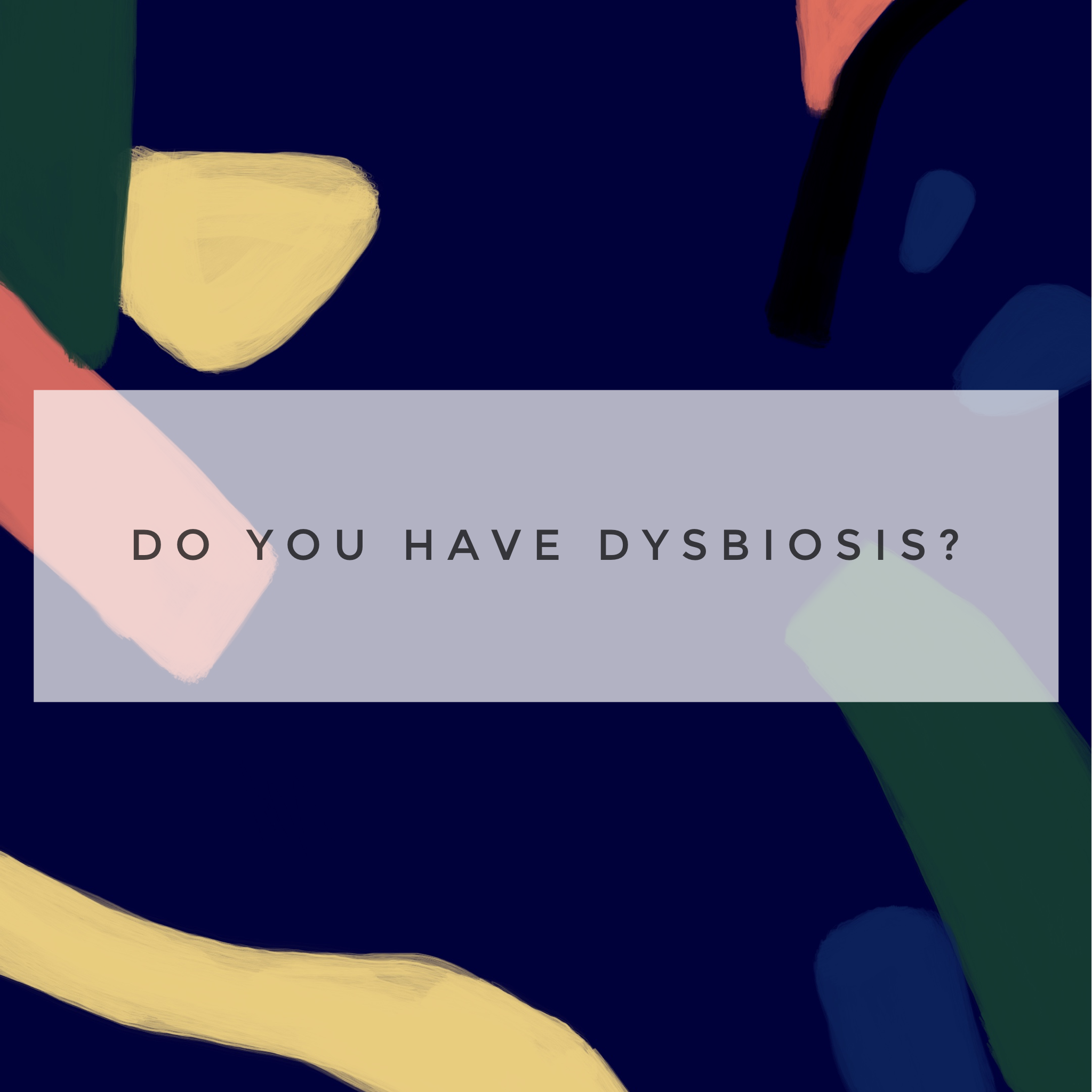
Dysbiosis: have you overlooked this cause of symptoms?
Have you ever noticed that many digestive symptoms are general? Bloating, gas, stomach pain, constipation, diarrhea…these are common symptoms that can be explained by dozens of different reasons. Bloating is not specific to any one digestive disorder, being shared instead by many.
Often overlooked as cause for digestive symptoms is an imbalance in the microbiome – dysbiosis.
Dysbiosis is a broad term used for any type of imbalance in the microbiome.
Your microbiome is housed within your large intestine, is comprised of at least one trillion microbial cells – the vast majority of which are healthy and beneficial for you – and you are in a lifelong partnership with them. Your microbiome provides innumerable functions for you, from helping you digest and assimilate your food, to managing immune function, to regulating how frequently you poop, to helping you maintain your waistline, blood pressure, cholesterol and even your mood. Your microbiome helps keep you comfortable in your gut, body, and maybe even your mind.
Dysbiosis is relevant for diagnosis outside of the digestive tract, and inside too
The more the microbiome is researched, the greater role it plays in all aspects of your health. For better or worse. Dysbiosis is being uncovered as a key characteristic in an ever-expanding list of diagnoses. From IBS to IBD to SIBO to depression and diabetes and neurodegenerative conditions, dysbiosis is present.
Dysbiosis manifests a number of ways
The term itself is very broad. Dysbiosis can be…
- Too few good guys
- Too many not-so-good guys
- Overgrowth of bad bacteria, yeast or parasites
- Translocation of bacteria to where it does not belong
All of those categories represent imbalance, and all can create symptoms. These symptoms will maintain themselves until balance is restored in the microbiome.
Candida overgrowth is one form of dysbiosis
Candida is a fast growing, opportunistic yeast. It also can be part of the normal human microbiome, provided the microbiome is healthy and can keep numbers in check. When those checks and balances are lost – perhaps after multiple rounds of antibiotics or any other number of reasons – Candida has the chance to multiply. Too much.
Candida overgrowth is often blamed for all symptoms related to dysbiosis. As you can see, there are many other options for dysbiosis. That is why appropriate diagnosis is so crucial – because then we know how to move forward! Starting May 30th, I am offering a free, three day Candida Class for anyone who is interested in this topic. Candida Class is delivered via my online classroom, so you can take the course from the comfort of your own home, at your own pace.
Diagnosis of dysbiosis is easy and is key for appropriate management
A stool test is the only way to accurately assess dysbiosis of the large intestine. Blood tests, saliva tests are not indicative of overgrowth or infection. Do not ever let anyone tell you that an online questionnaire is diagnostic, either. Questionnaires can help gather information and direct you to the next step of resources. They can give you ideas but not a firm diagnosis. I go over this in depth in Candida Class as well <wink>.


